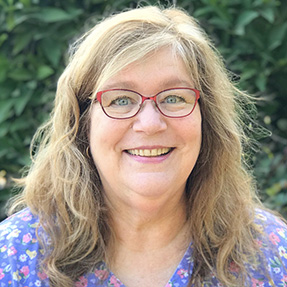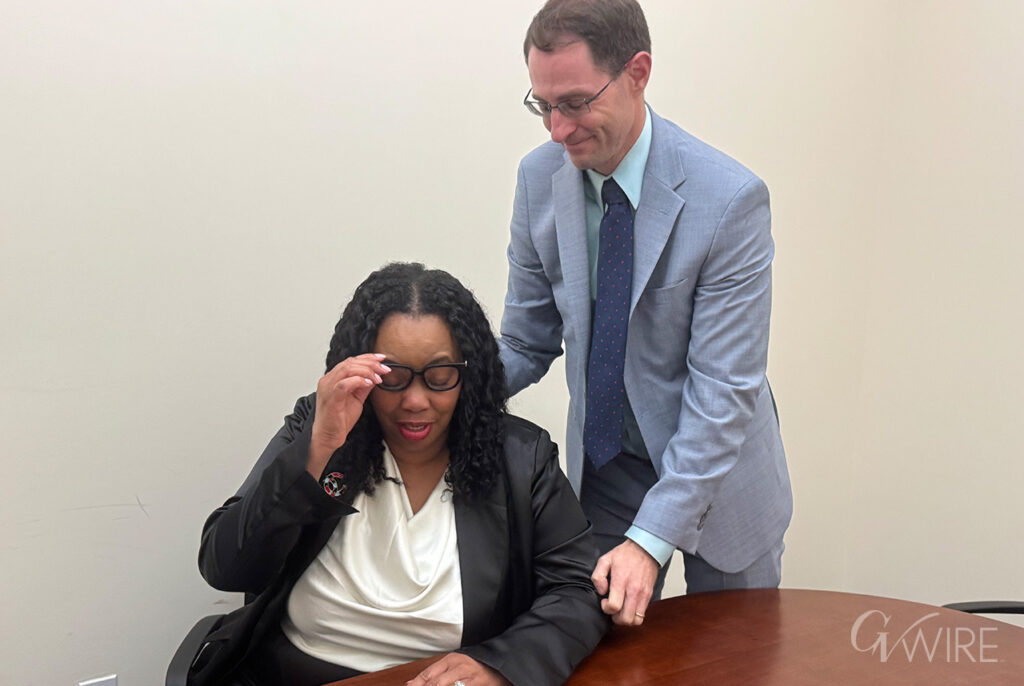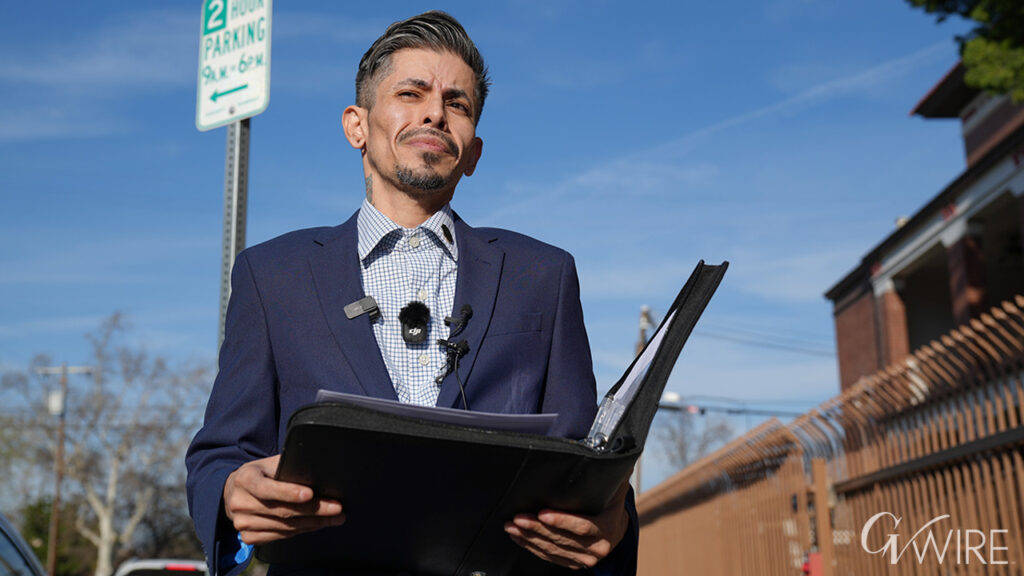Share
It looks like Clovis Unified’s Faculty Senate, or the district itself, might be feeling the heat over recent unfair labor practice complaints filed against the district by the budding teachers union, the Association for Clovis Educators.

Check out my other School Zone columns at Nancy Price’s School Zone Facebook page.
The Faculty Senate announced that an overwhelming majority of the senators who were on hand at Monday’s meeting voted to create the Clovis Teachers Organization and seek recognition from the California Public Employment Relations Board to represent the district’s teachers as a “non-union organization.”
The Clovis Teachers Organization will not be affiliated with the Association for Clovis Educators, California Teachers Association, National Education Association, American Federation of Teachers, or any other organized labor organization.
California law permits the Public Employment Relations Board to recognize labor organizations that don’t call themselves unions but engage in collective bargaining for members, Fresno labor attorney Barry Bennett told GV Wire.
Clovis Unified’s antipathy to teacher unions goes way back to Floyd “Doc” Buchanan, the district’s longtime superintendent, he said. Some Clovis Unified employees are already represented by unions but those unions aren’t seen to be as aggressive as teachers unions, he said.
If CTO wants to represent teachers it will need to demonstrate its independence from the district, Bennett said.
Also in School Zone:
- Substitute teachers command premium pay in Madera Unified.
- Fresno State social work students will get culturally relevant training.
Who’s Paying the Bills?
A lack of independence is one of the charges that the Association of Clovis Educators has levied against the Faculty Senate, which has been largely underwritten by the district itself. The district has paid for the time Faculty Senate leaders take off from teaching to conduct Faculty Senate business, provided an office and a car for the Faculty Senate president, and paid for other support services.
ACE spokeswoman Kristin Heimerdinger, a Buchanan High teacher, said PERB has agreed to fast-track a hearing on the organization’s complaint in June alleging that the Faculty Senate is controlled by and beholden to the district. That hearing could begin by the end of this month, she said.
Heimerdinger said that the 96.9% majority vote to file with PERB for recognition as the Clovis Teachers Organization represents the opinion of the 69 senators who were present, but not necessarily the rank and file teachers who were unaware that such a change was afoot. The Faculty Senate meeting agenda contained no notice of the proposal, she said.
The CTO has already begun to gather signatures to submit to PERB, which could force ACE to change its strategy, Heimerdinger said. The organization had planned to focus on addressing policy issues in the fall and then ramp up its signature-gathering effort this winter, but ACE may need to switch gears and resume collecting signatures, she said.
The effort to change the Faculty Senate to the Clovis Teachers Organization — complete with a logo that is similar to ACE’s — could be intended to confuse teachers who are still mulling their options, and is a signal that ACE is having an impact, Heimerdinger said.
Faculty Senate spokesman Bill Buettner could not be immediately reached for comment Wednesday.
Bidding War for Sub Teachers Raises Pay
Across the nation schools are in dire need to substitute teachers, prompting districts to raise the pay for these elusive workers.
Madera Unified announced Wednesday that it’s offering the highest pay in the region: $220 per day for regular substituting and $250 daily for a permanent substitute. The new pay rates were approved by the Madera Unified School Board at Tuesday’s meeting.
According to the district, the benefits of working as a permanent substitute include receiving health benefits valued at more than $20,000 annually; being eligible for the teacher retirement plan; remaining at the same school site; and a guarantee of 183 duty days per year. Tenure, however, does not appear to be on the table.
The shortage of substitutes is so acute that districts are having to become creative. Clovis Unified Superintendent Eimear O’Brien related last week at the 2021 Superintendent’s Breakfast that Lincoln Elementary principal Matt Verhalen filled in for four days as a kindergarten teacher.
$1.2M Grant Will Improve Health Services in Latino, Hmong Communities
Graduate students in Fresno State’s Department of Social Work Educations will be better equipped to provide behavioral health services to Hmong and Latino communities thanks to a new $1.2 million grant.
The grant could help increase the number of students trained to provide behavioral health services in those underserved communities through the Latino and Hmong Behavioral Health Project.
The project, part of a four-year federal grant from the Health Resources and Services Administration, is expected to train up to 76 graduate social work students. Students will receive a $10,000 training stipend during the course of their two-year Master of Social Work program, have one year of training in area schools, health centers, hospitals, and behavioral health clinics, and then will be expected to work in underserved communities after graduation.
“California has an overall shortage of behavioral health professionals, which varies substantially by region,” said Dr. Irán Barrera, professor and chair in the Department of Social Work Education and principal investigator of the project. “The central San Joaquin Valley is especially impacted by the state’s behavioral health professional shortage, with the lowest ratio of clinicians in the state.
“With this project, we hope to increase the behavioral care workforce here in the region, especially for those serving the Latino/Hispanic and Hmong communities. There is generally a lack of cultural and linguistic knowledge when it comes to these two populations, and our goal is to alleviate the behavioral health care disparities that exist.”
The program is designed so students take one semester focusing primarily on Latino/Chicano curriculum and the next semester focusing on Hmong curriculum to better prepare them for helping both populations.




















